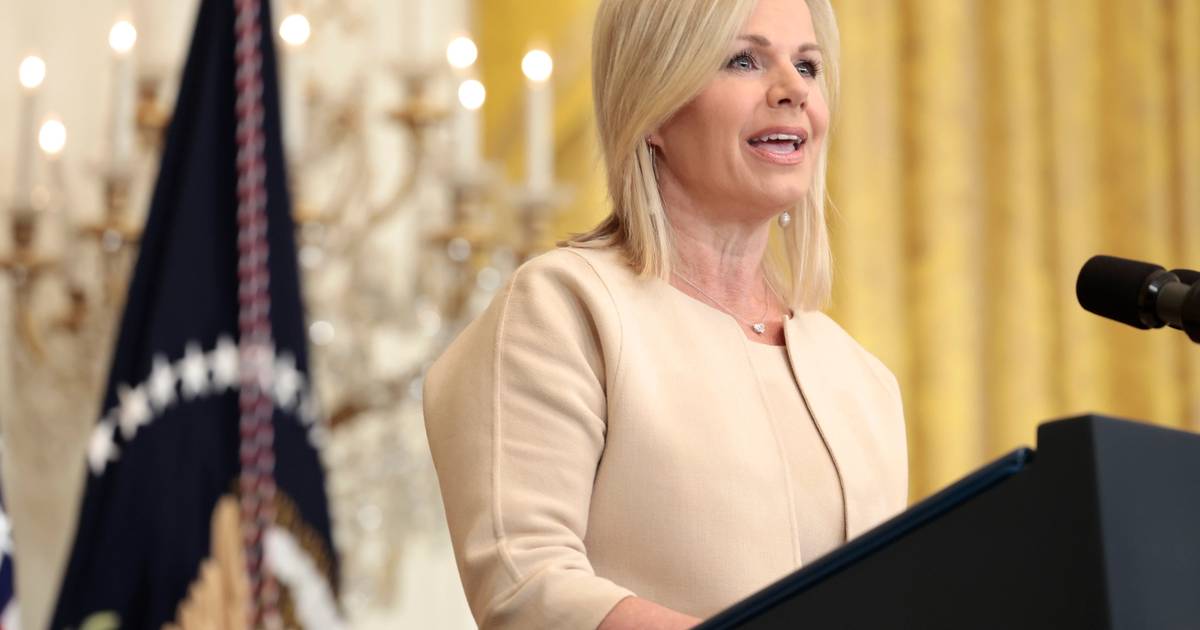In March 2022, Congress enacted a law limiting employers’ ability to mandate that employees pursue sexual assault or harassment claims through arbitration, rather than in court. The legislation was championed by former Fox News hosts Gretchen Carlson and Julie Roginsky, whose nonprofit, Lift Our Voices, advocates to end employment clauses that prevent workers from going public with claims about toxic workplaces. Carlson began advocating against mandatory arbitration after encountering issues with the process when she sued her boss, former Fox News chairman Roger Ailes, for sexual harassment in 2016.
That law, formally known as the Ending Forced Arbitration of Sexual Assault and Sexual Harassment Act (EFASASHA), is now playing out in the courts, and in two recent cases federal judges ruled that employers can’t force workers into arbitration.
Courts side with workers in food service, finance industries. A US appeals court in St. Louis ruled on August 5 that Chipotle can’t require a worker who accused a colleague of sexual harassment and rape to resolve her claims through arbitration.
The worker, who signed an arbitration agreement when she was hired by the food chain, alleged a coworker verbally harassed and raped her in 2021. She first sued Chipotle in a Minnesota State court in July 2022, after EFASASHA had taken effect, and later filed a new complaint in Minnesota federal court in 2023. The plaintiff alleged Chipotle was liable for assault and battery, as well as employment law violations, including tolerating a hostile work environment and engaging in retaliation.
Chipotle denied the claims and sought to move the case to arbitration, arguing the 2022 law wouldn’t apply in this case, as the alleged misconduct occurred prior to when it took effect. But a three-judge panel disagreed, ruling the worker’s “dispute” with Chipotle didn’t arise until after the law took effect, and denied the chain’s motion to compel arbitration.
A separate appeals court ruled similarly on Aug. 12 that the financial services firm Stifel, Nicolaus & Co. can’t force an employee into arbitration for sexual assault and harassment claims.
Quick-to-read HR news & insights
From recruiting and retention to company culture and the latest in HR tech, HR Brew delivers up-to-date industry news and tips to help HR pros stay nimble in today’s fast-changing business environment.
A new legal landscape. In light of the Chipotle decision, experts told Bloomberg Law employers can expect to see more workers file lawsuits alleging sexual assault or harassment that occurred prior to when the federal took effect on March 3, 2022.
Carlson said Lift Our Voices was “heartened” to see judges ruling “along the original intent” of the EFASASHA, which was to allow workers to come forward with sexual assault and harassment claims that happened before the law took effect, as long as they hadn’t yet entered arbitration. Roginsky noted that Vice President Harris echoed this understanding that the law would be retroactive—invalidating any existing arbitration agreements signed before it was enacted—in 2022 remarks.
Employers still rely heavily on mandatory arbitration to settle disputes with employees, according to research by the American Association for Justice, and Lift Our Voices has been seeking to educate workers about their rights under the new law. “Chipotle and every other company is still able to put arbitration clauses in their contracts, and not parse out” the exception the law carves out for allegations involving sexual misconduct, Roginsky noted.
Workers are going to expect more transparency from their employers as they become more educated about these issues, Carlson said. During the onboarding process, it may behoove companies to educate their workers about the existence of EFASASHA, and make clear “they will have the ability to have their voice heard” should something happen to them with regard to sexual misconduct, she suggested.
“We would love to extend an olive branch to HR professionals to join our team of more transparency,” she said. “Because when you’re more transparent, the employees want to continue to work there. They feel like they’re valued more.”

